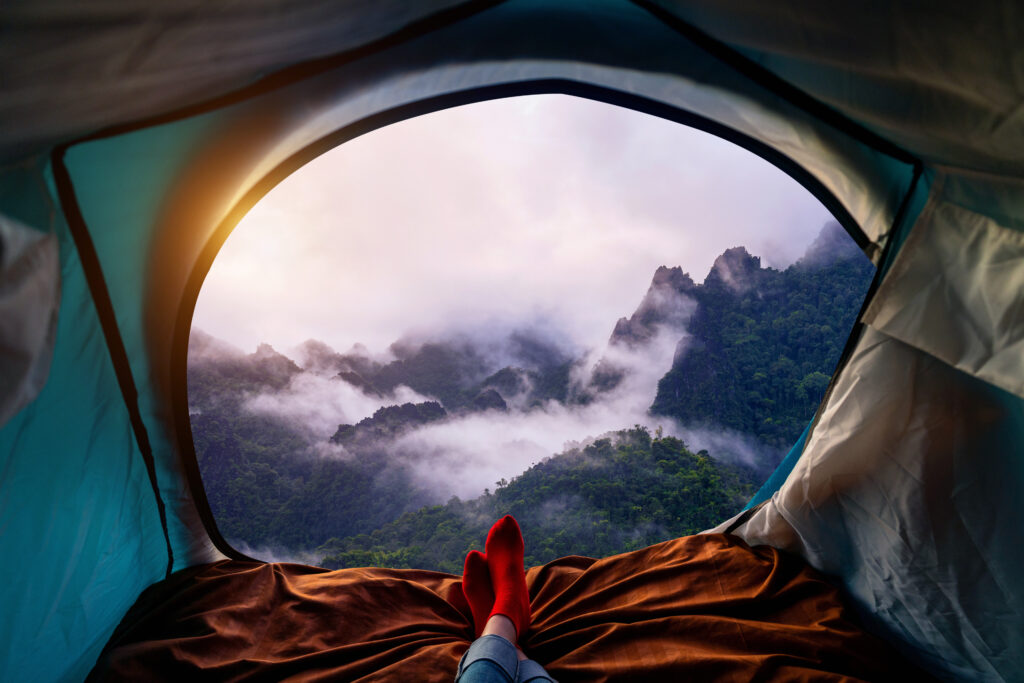Getting a good night’s sleep outdoors is crucial for a great camping experience. Many factors affect sleep during outdoor camping, especially in cold conditions.

- Campsite Selection and Sleeping Surface: Choosing a level, sheltered, and dry campsite is essential for a good night’s sleep. The ground affects your sleep, even with an air mattress, so aim for a level surface. Strong winds can also impact body temperature, so a sheltered site is important. A good sleeping pad is crucial to provide insulation and comfort on uneven terrain and to prevent heat loss through the ground.
- What You Wear Inside Your Sleeping Bag: Layering clothing is important in cold weather to reduce heat loss and prevent moisture buildup. Wearing dry and warm clothes when entering and exiting the sleeping bag can help regulate body temperature.
Wearing a warm vest while sleeping can significantly improve insulation in the core area.
- Ensuring Warmth in Limbs and Head: Wearing a warm hat, gloves, and socks in extremely cold conditions before entering the sleeping bag can enhance warmth. Adjust based on your body’s needs.
- Eating Well Before Sleeping: Eating high-calorie foods and staying hydrated is crucial for maintaining body heat and ensuring a comfortable sleep. Protein, meat, cheese, nuts, and fats are essential for camping in cold environments.
Insufficient food and water intake can lead to feeling very cold during the early hours of the morning.
- Keeping the Sleep Environment Dry: Protecting yourself and your sleeping bag from moisture and wind is important. Ensuring ventilation, minimizing air convection, and handling condensation are vital for a dry and comfortable sleep environment.
These factors can greatly improve your sleep comfort during outdoor camping, especially in cold conditions.

